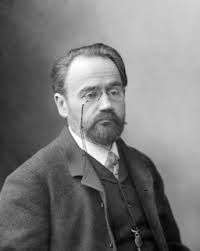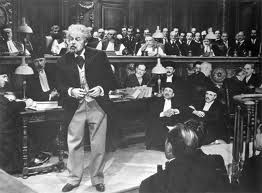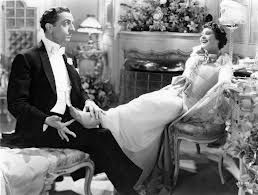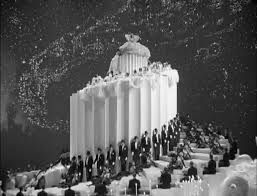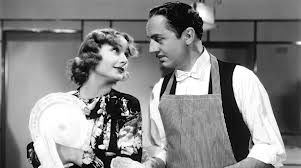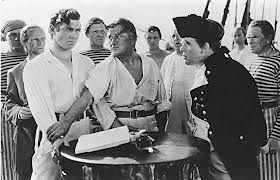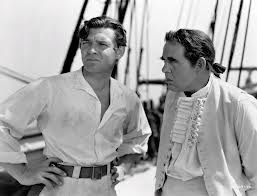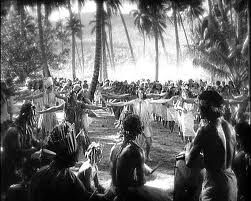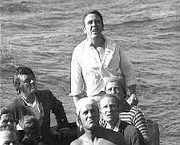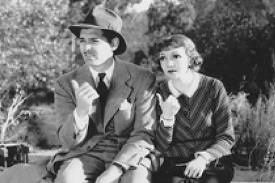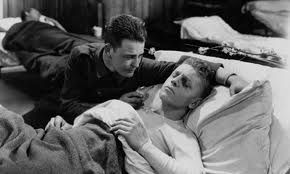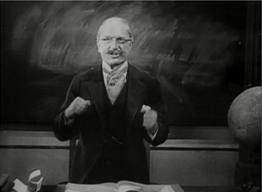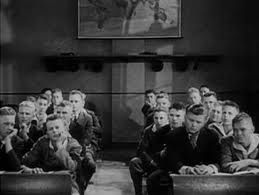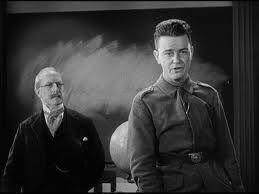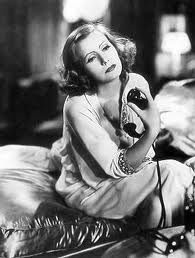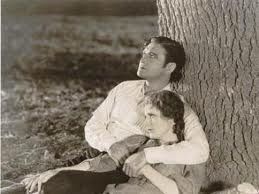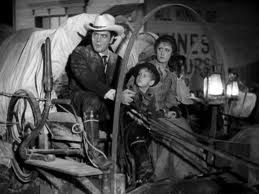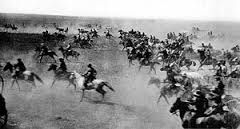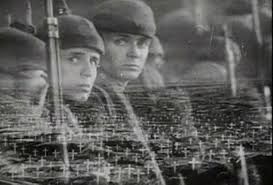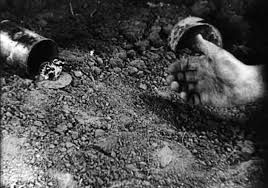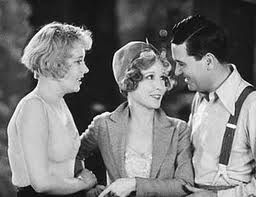1939 Gone With the Wind
"Frankly, my dear, I don't give a damn." -Rhett Butler
One of my favorite movies based on one of my favorite books. Casting perfect. An epic movie. Now THIS is an Oscar winner.
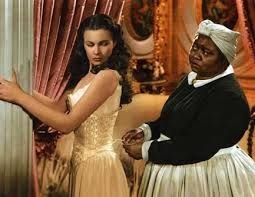 I saw it first when I was quite young, and I hated it -I thought it couldn't be more depressing, and wanted to kick Scarlett in the face. I knew it was one of my Grandma Yolanda's favorite movies, and couldn't understand why. Which part was her favorite? When the mom dies? The dad? The daughter? Melanie? When Scarlett conspires to steal her sister's beau and then makes him miserable and HE dies? Or was it the part where she and Rhett DON'T end up together when the credits roll?
I saw it first when I was quite young, and I hated it -I thought it couldn't be more depressing, and wanted to kick Scarlett in the face. I knew it was one of my Grandma Yolanda's favorite movies, and couldn't understand why. Which part was her favorite? When the mom dies? The dad? The daughter? Melanie? When Scarlett conspires to steal her sister's beau and then makes him miserable and HE dies? Or was it the part where she and Rhett DON'T end up together when the credits roll?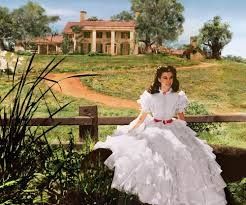
Years later, in a film history class, I learned about the making of the film. The most anticipated movie in years, based on a massive bestseller. The hunt for Scarlett O'Hara. Clark Gable cast by the nation.
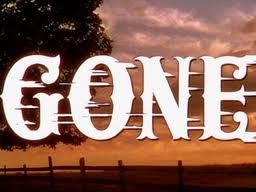 And then one night an audience went to see a movie, only they weren't seeing the movie they had gone to see. There was a special announcement that a different movie, a new movie, would be shown, and they could either stay or go. As the movie began, and the words Gone With the Wind rolled across the screen, the theater broke out in ecstatic cheers.
And then one night an audience went to see a movie, only they weren't seeing the movie they had gone to see. There was a special announcement that a different movie, a new movie, would be shown, and they could either stay or go. As the movie began, and the words Gone With the Wind rolled across the screen, the theater broke out in ecstatic cheers.A description of the public screening, quoted from Wikipedia:
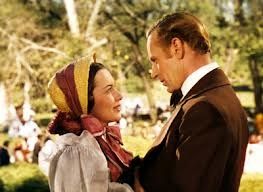 "...Kern called for the manager and explained that they had selected his theatre for the first public screening of Gone with the Wind. He was told that after Hawaiian Nights had finished, he could make an announcement of the preview, but was forbidden to say what the film was. People were permitted to leave, but the theatre would thereafter be sealed with no re-admissions and no phone calls out. The manager was reluctant, but finally agreed. His only request was to call his wife to come to the theatre immediately. Kern stood by him as he made the call to make sure he did not reveal the name of the film to her.
"...Kern called for the manager and explained that they had selected his theatre for the first public screening of Gone with the Wind. He was told that after Hawaiian Nights had finished, he could make an announcement of the preview, but was forbidden to say what the film was. People were permitted to leave, but the theatre would thereafter be sealed with no re-admissions and no phone calls out. The manager was reluctant, but finally agreed. His only request was to call his wife to come to the theatre immediately. Kern stood by him as he made the call to make sure he did not reveal the name of the film to her.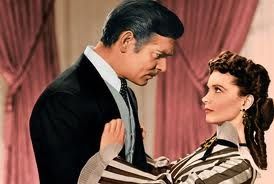 When the film began, there was a buzz in the audience when Selznick's name appeared, for they had read about the making of the film for over two years. In an interview years later, Kern described the exact moment the audience realized what was happen
When the film began, there was a buzz in the audience when Selznick's name appeared, for they had read about the making of the film for over two years. In an interview years later, Kern described the exact moment the audience realized what was happen"When Margaret Mitchell's name came on the screen, you never heard such a sound in your life. They just yelled, they stood up on the seats...I had the [manually operated sound] box. And I had that music wide open and you couldn't hear a thing. Mrs. Selznick was crying like a baby and so was David and so was I. Oh, what a thrill! And when Gone with the Wind came on the screen, it was thunderous!""
So I decided to watch it again, and when those words rolled across the screen, I felt the thrill that those people did, and I and saw it in an entirely new light.
Everything about it is great. The script, the acting, the characters, the sets, the costumes, the story. And reading the book only made me enjoy it more.
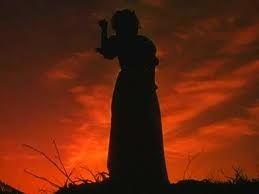 |
| "As God is my witness, as God is my witness they're not going to lick me. I'm going to live through this and when it's all over, I'll never be hungry again. No, nor any of my folk. If I have to lie, steal, cheat or kill. As God is my witness, I'll never be hungry again." |
You Can't Take it With You will be reviewed. It can't evade me forever.
